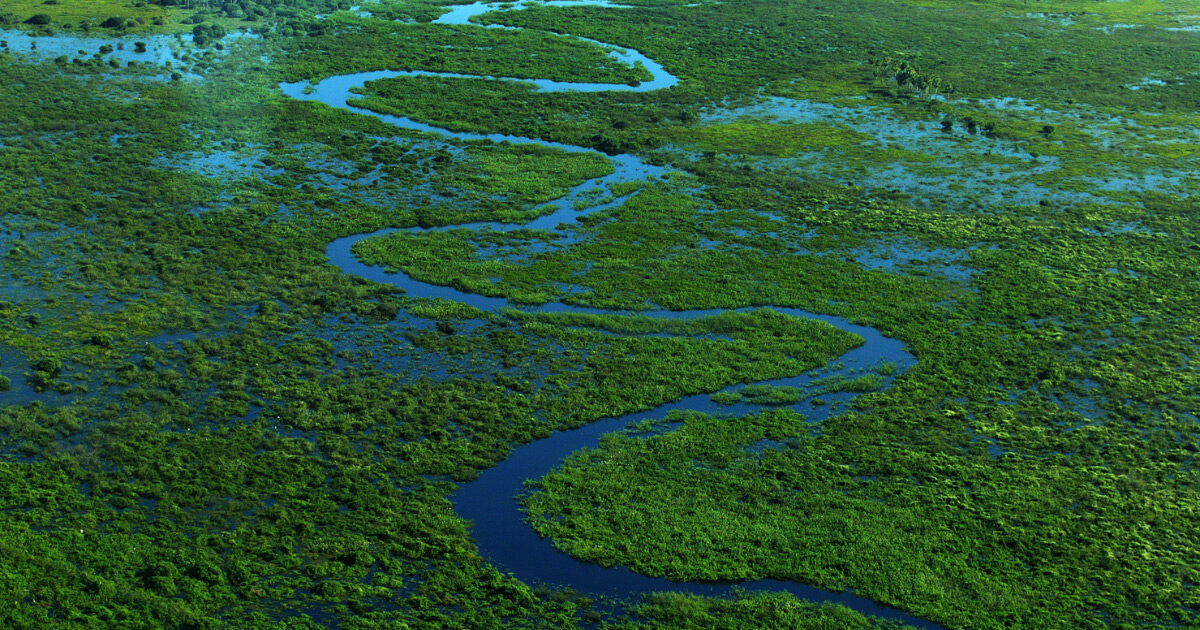This week, the federal Environmental Protection Agency released new rules for the regulation of many of the wetlands, streams and seasonal creeks throughout the United States in order to ensure conformity with a recent US Supreme Court decision on the Clean Water Act. In what is known as the Sackett case, the court significantly weakened the protections that were enacted by a bipartisan Congress in 1972 with the goal of ensuring the waters of the United States would all be “fishable, swimmable, and drinkable.” In response to these new regulations, California Trout Executive Director Curtis Knight released the following statement:
“At a time when the best available science points to a clear connection between the health of all waters – whether above or below ground, seasonal or perennial – these new regulations are particularly disappointing. Water is essential for both people and fish to survive and thrive, and none of us can do that if our rivers, lakes and streams are polluted due to weak regulations. For the sake of every Californian and for the fish that depend on our waterways for survival, we hope that regulators and legislators in California will look for opportunities to better protect our water under these weakened federal regulations.”
If you would like to speak with someone at CalTrout about this issue, please contact sev@publicgoodpr.com.





